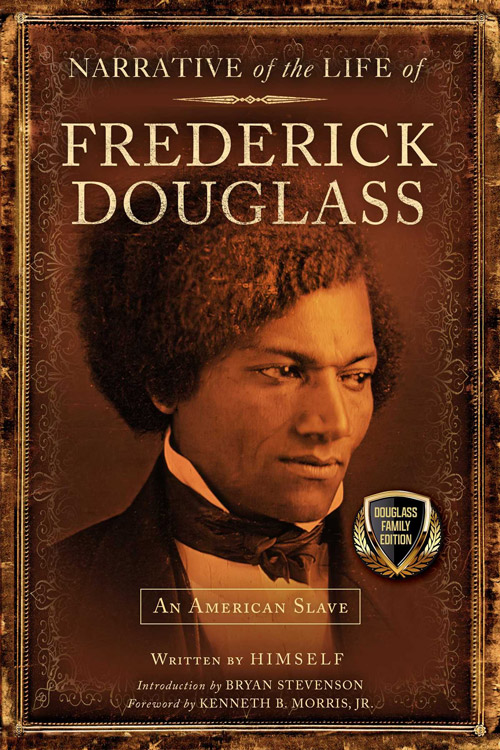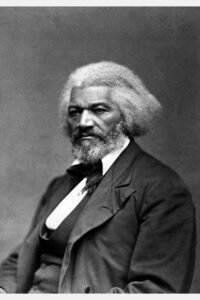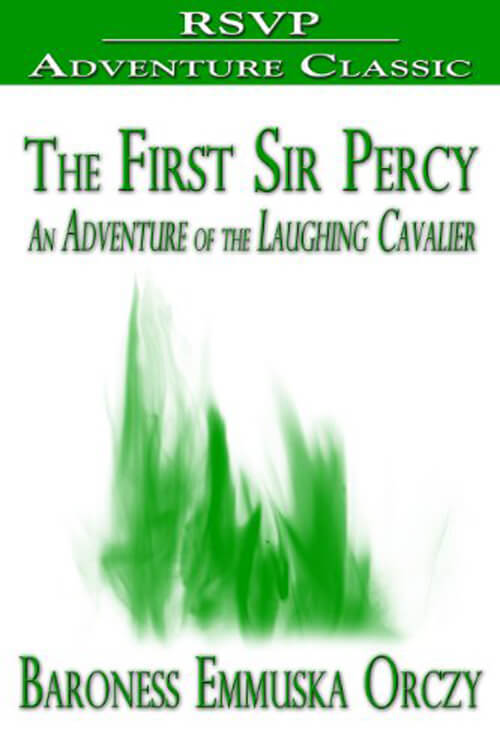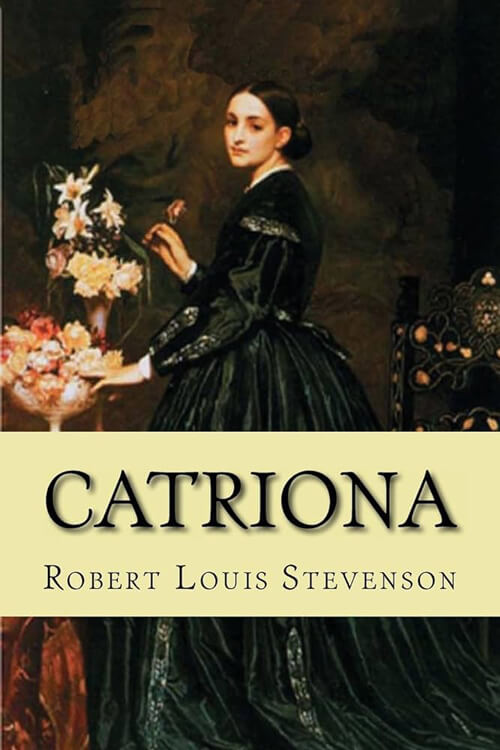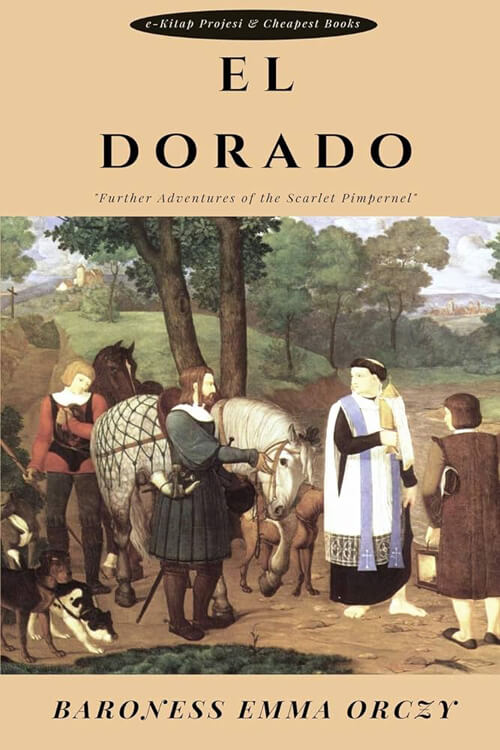
Narrative of the Life of Frederick Douglass
Narrative of the Life of Frederick Douglass is an 1845 memoir and treatise on abolition written by African-American orator and former slave Frederick Douglass during his time in Lynn, Massachusetts. It is generally the most famous of several narratives written by former slaves during the same period. The text describes the events of his life in factual detail. It is considered one of the most influential pieces of literature to fuel the abolitionist movement of the early 19th century in the United States.
Narrative of the Life of Frederick Douglass comprises eleven chapters that recount Douglass’s life as a slave and his ambition to become a free man. It contains two introductions by well-known white abolitionists: a preface by William Lloyd Garrison and a letter by Wendell Phillips, arguing for the integrity of the account and the literacy of its author. Douglass begins by explaining that he does not know the date of his birth (he later chose February 14, 1818) and that his mother died when he was seven years old. He has few memories of her (children were commonly separated from their mothers), only of the rare nighttime visit.
He thinks his father is a white man, possibly his owner. At a very early age, he sees his Aunt Hester being whipped. Douglass details the cruel interaction that occurs between slaves and slaveholders, as well as how slaves are supposed to behave in the presence of their masters. Douglass says that fear is what kept many slaves in servitude, for when they told the truth, they were punished by their owners.
Read or download Book
Frederick Douglass
Frederick Douglass (born Frederick Augustus Washington Bailey, c. February 1817 or 1818 – February 20, 1895) was an American social reformer, abolitionist, orator, writer, and statesman.
Biography
He became the most critical movement leader for African-American civil rights in the 19th century. After escaping from slavery in Maryland, Douglass became a national leader of the abolitionist movement in Massachusetts and New York, during which he gained fame for his oratory and incisive antislavery writings. Accordingly, he was described by abolitionists in his time as a living counterexample to enslavers’ arguments that enslaved people lacked the intellectual capacity to function as independent American citizens. Northerners at the time found it hard to believe that such a great orator had once been enslaved. It was in response to this disbelief that Douglass wrote his first autobiography.
Douglass wrote three autobiographies, describing his experiences as an enslaved person in his Narrative of the Life of Frederick Douglass, an American Slave (1845), which became a bestseller and was influential in promoting the cause of abolition, as was his second book, My Bondage and My Freedom (1855). Following the Civil War, Douglass was an active campaigner for the rights of freed slaves and wrote his last autobiography, Life and Times of Frederick Douglass. First published in 1881 and revised in 1892, three years before his death, the book covers his life up to those dates.
Douglass also actively supported women’s suffrage and held several public offices. Without his knowledge or consent, Douglass became the first African American nominated for vice president of the United States as the running mate of Victoria Woodhull on the Equal Rights Party ticket. Douglass believed in dialogue and making alliances across racial and ideological divides, as well as, after breaking with William Lloyd Garrison in the anti-slavery interpretation of the U.S. Constitution. When radical abolitionists, under the motto “No Union with Slaveholders”, criticized Douglass’s willingness to engage in dialogue with slave owners, he replied: “I would unite with anybody to do right and with nobody to do wrong.”

